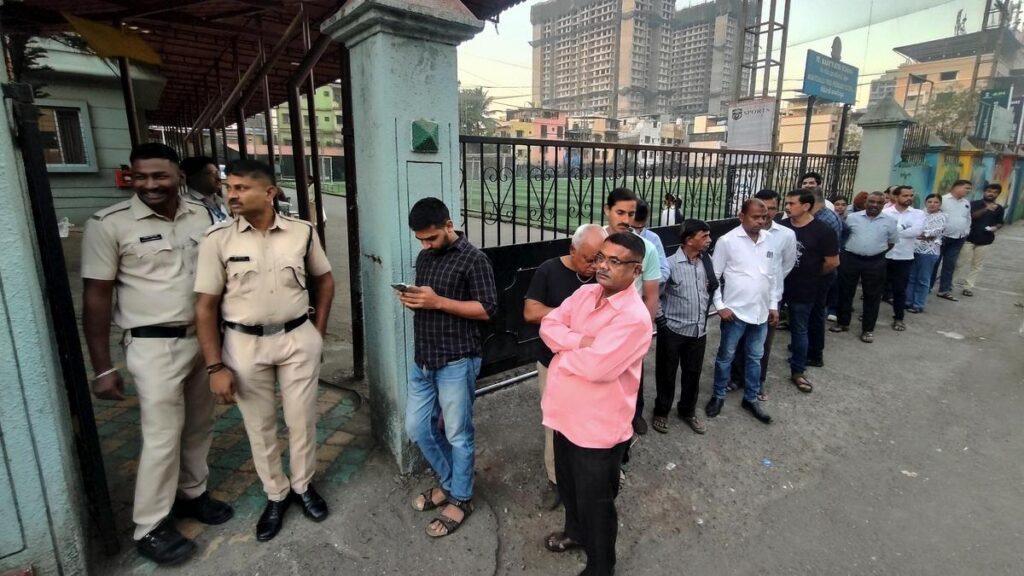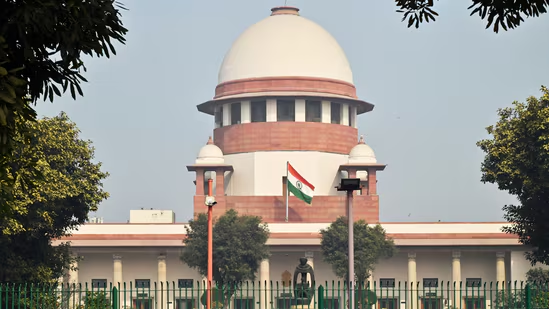Now Reading: Congress Slams Modi Over Trump Ceasefire Remark, Sparks Fresh Round of Political Crossfire
-
01
Congress Slams Modi Over Trump Ceasefire Remark, Sparks Fresh Round of Political Crossfire
Congress Slams Modi Over Trump Ceasefire Remark, Sparks Fresh Round of Political Crossfire

The Congress party has reignited its attack on Prime Minister Narendra Modi after former US President Donald Trump claimed he played a key role in brokering a ceasefire between India and Pakistan during Modi’s tenure. Congress leader Pawan Khera sharply criticised the Prime Minister’s silence on the matter and accused him of compromising India’s strategic independence.
In a pointed statement, Khera likened Trump’s influence to a snake coiled around Modi, questioning why India’s leadership remained quiet when such a major diplomatic claim was made publicly. He also suggested that the Prime Minister appears “allergic” to any suggestions or advice from Rahul Gandhi, even when national interest is at stake.
The controversy stems from Trump’s recent remarks, where he reiterated his earlier claim that he helped de-escalate tensions between India and Pakistan during the 2019 Pulwama-Balakot standoff. While the Indian government had previously denied any third-party mediation, Congress is using Trump’s version of events to corner Modi politically, asking why there is no official clarification even now.
This back-and-forth has once again pushed foreign policy into the domestic political arena. For citizens, especially in Tier 2 cities like Bhopal, Nashik, and Kanpur, where political awareness is growing via digital media, such debates are more than just headlines—they shape perceptions of leadership strength and national pride.
From the BJP’s side, there has been no formal response to this specific round of accusations. However, party leaders have in the past dismissed similar statements from Trump as exaggerated or self-serving, suggesting that India’s position has always remained consistent: there is no room for third-party mediation in bilateral matters with Pakistan.
The larger issue here is about narrative control. Congress sees an opportunity to highlight what it perceives as gaps between Modi’s global image and ground realities. The BJP, on the other hand, is likely to frame this as yet another instance of the opposition playing politics over national security.
As the debate continues, what’s clear is that foreign policy—particularly anything involving Pakistan—remains a politically sensitive and emotionally charged subject in India. And with elections always around the corner somewhere, neither side seems ready to let go of the storyline anytime soon.

























